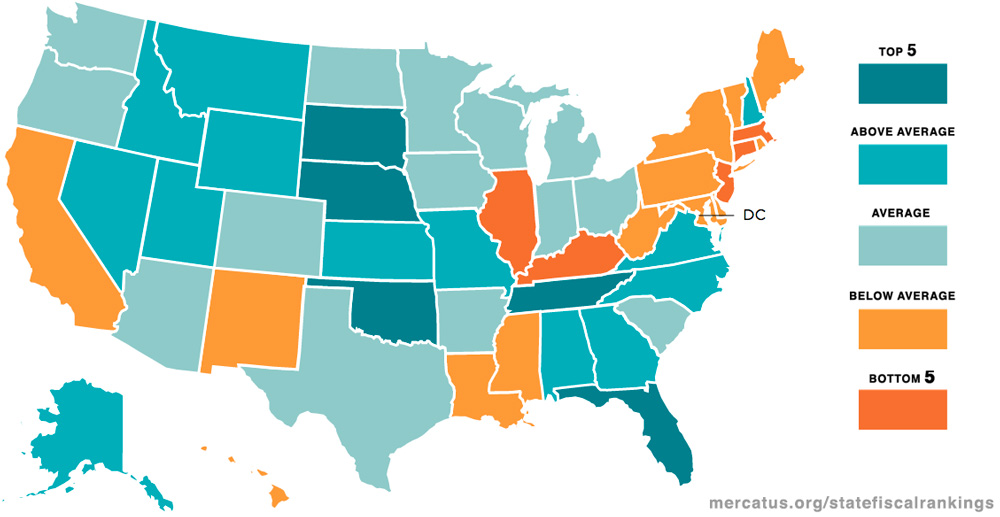“America does not want to witness a food fight,” Senator Kamala Harris said at last week’s debate, reprimanding her squabbling fellow Democratic Party presidential contenders. “They want to know how we’re going to put food on their table.”
The no doubt well-rehearsed line drew raucous applause. She’s right; we’re not interested in a food fight.
But her second statement struck me as … odd … and not true.
Harris spoke of how “we” — meaning they, the assembled politicians on the stage — are “going to put food” on “their” — meaning our — tables.
Does she imagine that presidents produce our food, not farmers? Is she trying to say, “You didn’t grow that”?
“Were we directed from Washington when to sow and when to reap,” the author of the Declaration of Independence wrote, “we should soon want bread.”
Perhaps this presidential aspirant remains unaware of how America became a land of abundance? It wasn’t the exertion of career politicians. Or regulators. Or bureaucrats. It was the amazingly productive engine that is a free people.
“Yet this government never of itself furthered any enterprise, but by the alacrity with which it got out of its way,” Henry David Thoreau explained in his famous 1849 essay, entitled Resistance to Civil Government. “The character inherent in the American people has done all that has been accomplished.”
The difference between a society where people honor independence and one where, conversely, they idolize dependence on the government is the difference between bright day and darkest night.
Today’s date is July 4th, but the holiday is Independence Day. It is not a celebration of dependence on cradle-to-grave big brother government. We celebrate freedom for the individual.
A Republic … if We, the People can keep it.
But how? How do we restore freedoms lost while retaining extant freedoms?
Well, with ideas. Arguments. Promotion of others’ efforts.
And for two decades, this daily commentary has defended freedom and those fighting for it. And I hope to keep the Common Sense coming far into the future.
Yet, this effort is totally dependent on you — and your generosity. In this 20th year, won’t you make a special pledge of $20? Or $200? Or $2,000 if you have the financial freedom to do so.
“Those who expect to reap the blessings of freedom, must,” wrote Tom Paine in 1777, “undergo the fatigues of supporting it.”
Don’t worry, it won’t be so fatiguing. We stand up for freedom and against dependence on big government — with a rhetorical flourish now and again … and a sense of humor.
Please pass the ammunition. And no food fight.
This is Common Sense. I’m Paul Jacob.


—
See all recent commentary
(simplified and organized)










